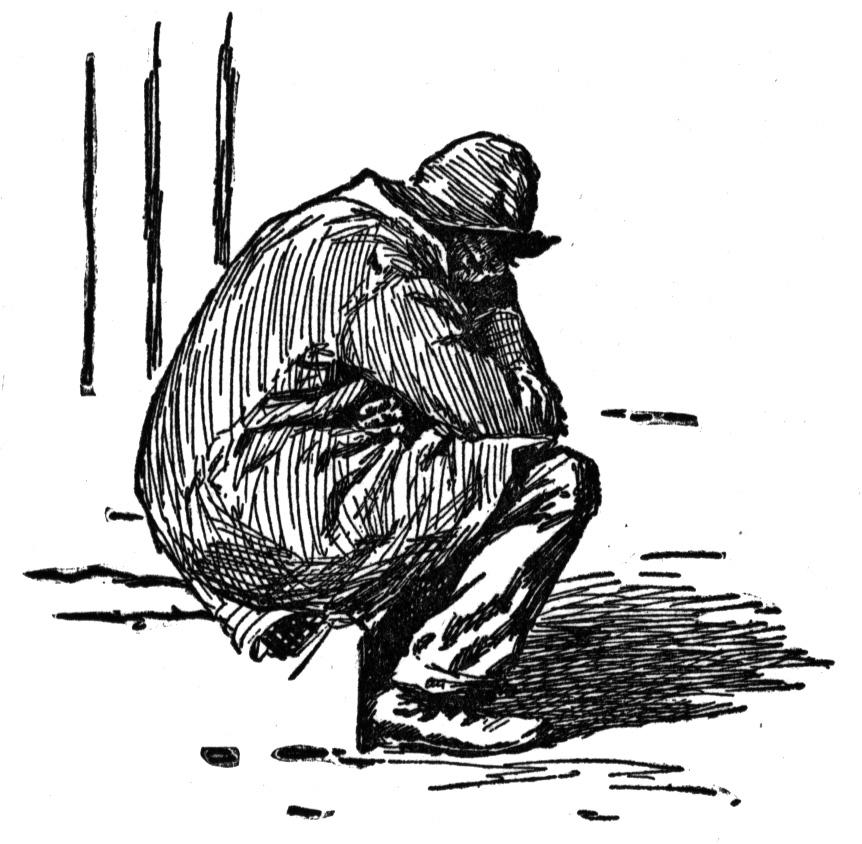 A new study by scientists at the Massachusetts General Hospital for Children has found that Black youth who have parents with a high level of education are more at risk for depression than other Black youth and youth in general. Generally, a high degree of parental education has been found to reduce the risk for depression among youths. But this study finds that this does not hold true for Black youth.
A new study by scientists at the Massachusetts General Hospital for Children has found that Black youth who have parents with a high level of education are more at risk for depression than other Black youth and youth in general. Generally, a high degree of parental education has been found to reduce the risk for depression among youths. But this study finds that this does not hold true for Black youth.
Dr. Elizabeth Goodman, senior author on the study, stated that “for Black youth, we found that higher parental education is a double-edged sword, buffering against the development of depression but also leading to increased discrimination, which in and of itself causes depression. Overall, the protective effects of high parent education are zeroed out by the negative effects of increased discrimination experienced because of that high socioeconomic status (SES).”
Dr. Goodman explained that “these upper-SES Black youth likely live in upper-SES, predominantly White communities where they may be made to feel out of place. That’s discrimination, and if you talk to young people, Black youth consistently report frequent experiences of discrimination – from being followed around in a store to being targeted by police – regardless of their socioeconomic status.”
The article, “The Role of Perceived Discrimination During Childhood and Adolescence in Understanding Racial and Socioeconomic Influences on Depression in Young Adulthood,” was published on the website of the Journal of Pediatrics. It may be accessed here.











This study is definitely flawed because it circumvents around the main contributing factor appropriately identified as White American racism (not discrimination). As a result, some Black students from the upper SES in developing various forms of “depression” because their upper income Black parents neglected to adequately educate them about the realities of White American racism regardless of: 1) address, 2) the amount of identifiable melanin, 3) speech patterns and tone, 4) automobile your parents drive or yourself, 5) where you travel, 6) clothing selection. In my view, the researchers should have minimally examined the racist behaviors as committed by Whites and others towards these Black students if they truly want to solve this ongoing American problem. In fact, one could conduct a similar study on poor Whites from the Bayous in Louisiana and place them in an White upper SES area in the Boston/Cambridge, Massachusetts and probably have similar findings. My point is, it’s absolutely amazing that in 2014, we have still scores of so-called scholars still so eager to use Blacks as their research guinea pigs while never discussing the root causes of these problems, White American racism.
Michael, you said it all!
I totally agree!! This study has so many fallacies by neglecting other racial and social factors. When looking at depression in youth, especially African American youth the environment plays a substantial factor. The study should have looked at if the youth participated in any extracurricular activities or involvement in some inner city program. A comparison between the school environment (one that is predominantly white vs. one that is predominantly black), the neighborhood in which the youth lived (either a suburb or urban), and the type of reinforcement given at home. All of these should have been used before creating a broad and cumbersome psychological statement. A better study would have been; The context of the white supremacy system and its psychological effects on black youth.
The study is not flawed but there are several methodological implications, and a grand theoretical stretch. Turns out that (according to the article), discrimination “mediates” the effect of education and depressive symptoms for Whites, but not Blacks, which means the “discrimination explains why black youth have greater depression scores” hypothesis only really holds for Whites. Perhaps higher depression among children in better educated families is a response artifact where they are more likely to acknowledge “symptoms.” FINALLY, the regression results show a negative coefficient (correlation) between being black and depression (see Table 3), suggesting blacks have lower depression than Whites after controlling for a host of factors, and more interestingly, there is a positive coefficient between having high school educated parents (relative to a professional degree) and depression, suggesting that black students with high school educated parents have higher depression scores than those with professionally educated parents. Jrnl of Pediatrics should allow for a few debate pieces; the scientific community will likely tear this one up. Glad it’s out there though.
in the words of bell hooks, the problem is imperialist white supremacist capitalist patriarchy.
In response to this concern, several years ago a program entitled Children of the Light was developed to prepare students for integrated settings in predominately white educational institutions. The program was most beneficial and the graduates of the program made their own mark, because they were ready. As a matter of fact there will soon be a gathering of the alumni of Children Of the Light to acknowledge their accomplishments.
Are High SES Blacks more at risk for depression than Low SES Blacks? (No mention in the study) Are High SES Children, whose parents are highly educated, but have low incomes more at risk for depression? It seems that all black children are at risk for depression, because of the effects of discrimination, and though the study ignores low SES Blacks, they are probably most at risk. Now what?